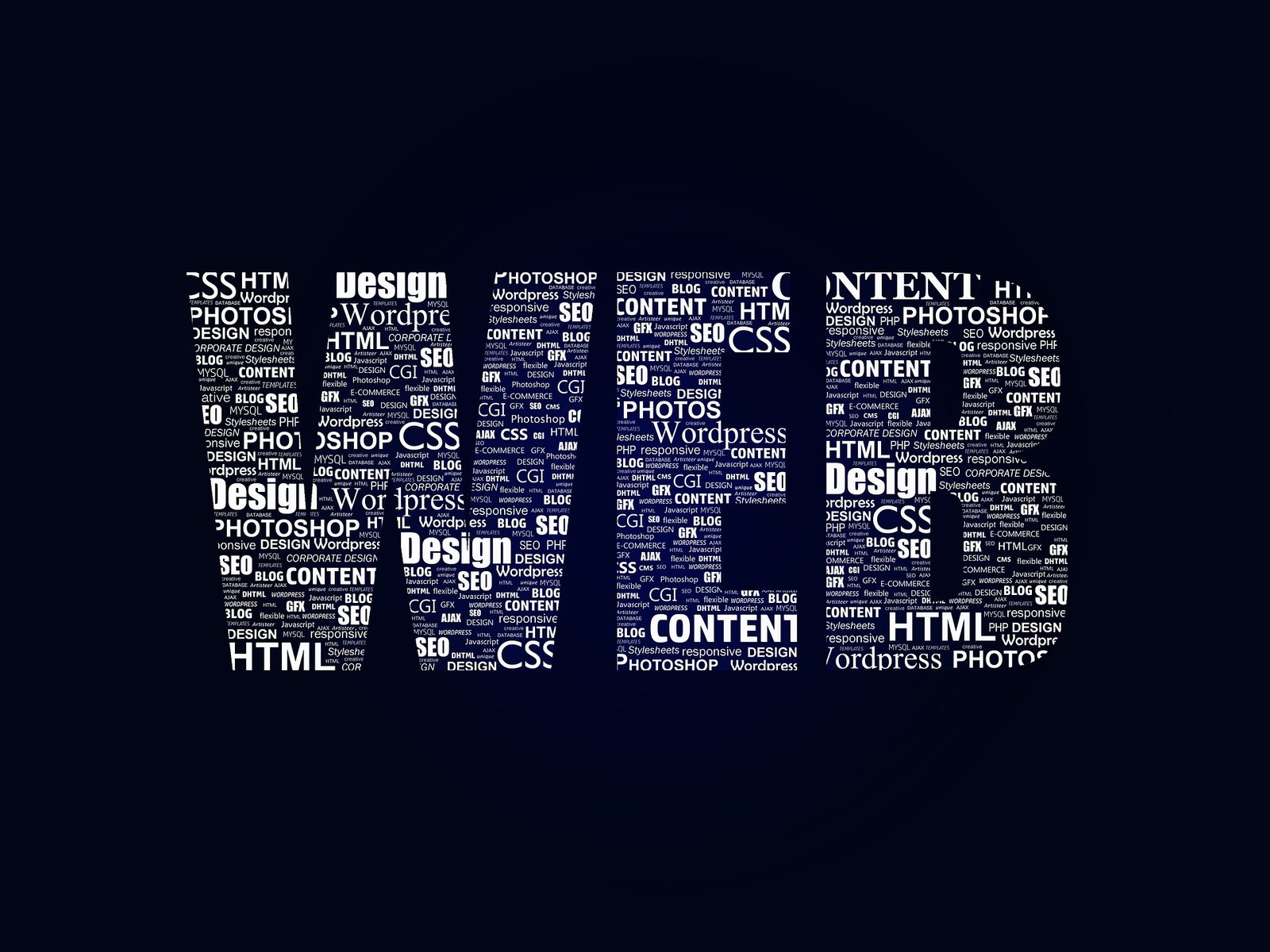

As we progress into 2024, artificial intelligence (AI) continues to revolutionize the landscape of digital marketing. The integration of AI technologies is not just a trend; it’s reshaping how businesses operate, engage with customers, and optimize their marketing strategies. This blog explores the various ways AI is transforming marketing, highlighting key strategies that are setting the stage for a more personalized and efficient approach to customer engagement.
Understanding AI in Marketing
AI encompasses a range of technologies that enable machines to simulate human intelligence processes. In marketing, this includes data analysis, natural language processing (NLP), machine learning, and automation. By leveraging these technologies, businesses can enhance their marketing efforts in several impactful ways:
- Predictive Analytics: AI empowers marketers to anticipate future consumer behavior by analyzing historical data and identifying patterns. This capability allows businesses to make informed decisions, optimize campaigns in real-time, and stay ahead of market trends. For instance, platforms like Google Analytics 4 utilize machine learning to provide insights into customer behavior, enabling marketers to tailor their strategies accordingly.
- Personalized Content Delivery: One of the standout features of AI in marketing is its ability to deliver highly personalized content at scale. By analyzing customer data such as browsing history and preferences, AI can generate tailored recommendations and targeted advertisements. This level of personalization not only boosts engagement but also significantly improves conversion rates.
- AI-Powered Chatbots: The rise of chatbots and virtual assistants has transformed customer service interactions. These tools use NLP to understand customer inquiries and provide instant responses around the clock. This automation enhances user experience by offering personalized support while freeing up human resources for more complex tasks.
- Content Creation Optimization: AI tools are revolutionizing content creation by automating various aspects of the process. Natural language generation (NLG) algorithms can produce high-quality content quickly, while AI-driven optimization tools refine content based on performance metrics. This ensures that marketing messages resonate with target audiences effectively.
- Enhanced Advertising Strategies: AI-driven advertising platforms allow for hyper-targeted ad placements across diverse channels. By analyzing audience data, marketers can personalize ad creatives and optimize bidding strategies in real-time, maximizing return on investment (ROI) while increasing brand visibility. This level of precision in advertising is crucial in today’s competitive digital landscape.
Key Trends Shaping AI-Powered Marketing
As we delve deeper into 2024, several trends are emerging that will further enhance the role of AI in marketing:
Data-Driven Personalization: Marketers are increasingly focusing on micro-segmentation to create tailored experiences for individual customers. This involves using AI to analyze vast datasets for more nuanced insights into consumer behavior.
Improved Automation: The automation capabilities of AI extend beyond chatbots to include email marketing, social media management, and programmatic advertising. By automating routine tasks, marketers can concentrate on strategic initiatives that drive growth.
Generative AI: The rise of generative AI technologies is enabling marketers to create unique content dynamically based on user interactions and preferences. This innovation will likely redefine how brands engage with their audiences.
Ethical Considerations: As AI becomes more prevalent in marketing strategies, ethical considerations around data privacy and consumer trust are becoming increasingly important. Brands must navigate these challenges carefully to maintain credibility and foster long-term relationships with consumers.






